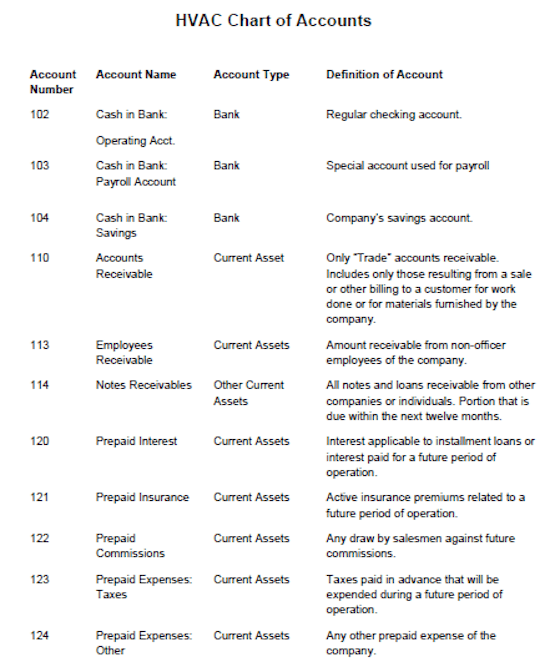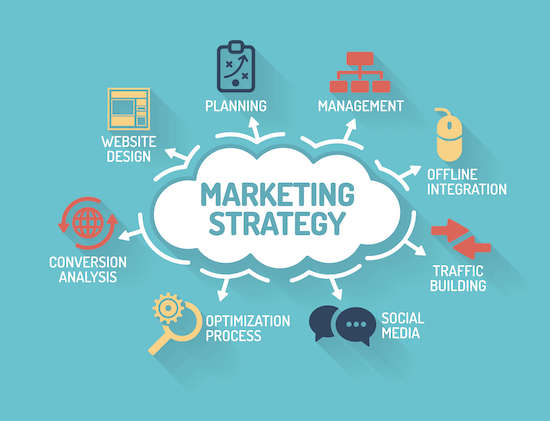Introduction
Definition of HVAC Business
An HVAC business — acronym for Heating, Ventilation, and Air Conditioning — specializes in the installation, maintenance, and repair of heating and cooling systems in both residential and commercial buildings. This industry is essential, ensuring comfort and optimal temperature conditions for every season, which drives its considerable demand.
Overview of Investment Considerations
When contemplating a small business acquisition, such as purchasing an HVAC business, many factors ought to be deliberated upon. This includes researching the market, securing appropriate financing, structuring the purchase, and making post-purchase considerations. Each of these aspects holds a significant place in the decision-making process and can dramatically impact the business's profitability and longevity. Owning an HVAC company can be a very good business and investment to make, but typically requires the business owner to have experience in this industry. Previous experience goes a long way in terms of generating a sound business plan. Although the startup costs may be high, many folks advise potential and new business owners to start their own HVAC business, but it will be much harder to start producing high cash flow without an existing customer list.
Researching the Market
Staying on Top of HVAC Industry News and Conversations
It's important keeping up with HVAC news if you are considering purchasing an HVAC business. A very good forum for this industry is HVAC-TALK. Here you can find many previously asked questions, virtual events, industry news, and job wanted posts from contractors.
We also advise looking into the resources offered on the ACCA (Air Conditioning Contractors of America) and ACTA (Air Conditioning Trade Association) websites, especially if you are looking to hire an apprentice or contractor.
If you wish to have conversations in person, you can attend different HVAC trade shows and conferences in your community.

Assessing Local Competition
An essential first step in purchasing an HVAC business, or any other small business, is analyzing the local competition. Understanding your competitors can guide you to functional and financial decisions that will set your business apart. Do reconnaissance on competitor HVAC businesses' websites and social media accounts to evaluate their HVAC services and pricing. Keep an eye out if they are BBB (Better Business Bureau) Accredited. Small things like this can really go a long way for building trust amongst potential customers. Also, be on the lookout for customer reviews online. If there is a major player in your area already, it may be harder for your HVAC business to perform well. Otherwise, identify whatever gaps there may be in the market and consider how your business could fill them.
Analyzing the Financials
Tied inextricably with competitiveness is the financial stability of the HVAC business you plan to acquire. Assessing the business’ financial health is crucial. You must examine balance sheets, profit and loss statements, and tax returns from the past few years. This assessment helps determine the business's financial trends and profitability.
Moreover, check the operational costs, debts and liabilities, revenue streams, and the price points for various HVAC services. Also, consider the value of physical assets, including equipment and properties. Hiring an experienced accountant can provide you a detailed analysis that's beneficial during your acquisition. Also, it's generally a good signal if the books are kept in accordance with the HVAC Chart of Accounts.

Securing Financing
Understanding Loan Types
Once you have surveyed the market and analyzed the HVAC business's financials, the next consideration in your small business acquisition is securing financing. Understanding the various loan types can assist you in choosing the most appropriate financing method for the purchase.
Common loan types for purchasing businesses include term loans, SBA loans, business lines of credit, and equipment financing. SBA loans are involved in most business acquisitions. Learn more using this guide on SBA loan basics. Each comes with its benefits and drawbacks, and the most suitable option depends on your business's specific needs and circumstances.
Exploring Financing Options
Don't limit your quest to traditional loans; there are several other funding options that potential buyers can explore. These include seller financing, where the seller loans part of the purchase price to the buyer, angel investors, or leveraging your personal savings or retirement accounts. To understand more about different methods for financing, this article outlines 10 of the most common ways to finance a business acquisition.
Negotiating with the seller for a part of the purchase price is not uncommon in small business acquisitions. It can help close gaps between bank loans and purchase prices. However, these options require thorough consideration as they often involve a level of risk.
Making The Purchase
Negotiating a Fair Price
Calculating a fair price for an HVAC business requires factoring in financial performance, profitability, assets, and the state of the market. Employ negotiation skills to agree upon a price reflecting the true value of the business. Always remember: everything is negotiable when purchasing a business—not just the price, but also the terms of the deal and more.
Drafting a Purchase Agreement
After settling on a price, it's time to establish a purchase agreement. This is a legally binding document that outlines the exact terms and conditions of the purchase. It includes price, payment terms, included assets, and any other agreed-upon aspects of the sale.
Make an effort to work with a skilled business attorney; they will help protect your interests and ensure all legal requirements are met. This not only helps you avoid pitfall but it also brings peace of mind in the complex undertaking of business acquisition.
Post-Purchase Considerations
Managing Employees
Once the purchase is complete and you're officially the new owner of the HVAC business, the focus shifts to managing the workforce. Small business acquisitions don't just involve buying assets or clientele; you’re also acquiring the team of skilled employees that drive the operations of the company. They hold immense on-ground knowledge and experience that can prove to be invaluable.
Keep transparent communication and foster a culture of inclusivity. Understand their roles and their ideas about the business. Their expertise can guide you through the initial transition period and for future business growth. Remember to empathize with their situation—a change of ownership can be unsettling, and their comfort and job security should also be a priority.

Establishing a Maintenance Plan
Another essential post-purchase consideration is the establishment of a maintenance plan. In the HVAC business, regular and efficient servicing is vital. Your customers rely on you for the upkeep of their heating, ventilation, and air conditioning systems.
Develop a comprehensive and systematic maintenance plan to ensure that your team can provide the best possible service. Offer flexibility and adaptability in your servicing schedules, considering the wide variety of your clients' needs, from residential buildings to commercial facilities. Doing a good job in a new servicing can turn into recurring revenue for your business as these customers will come back to you the next time their HVAC systems need servicing.
Marketing Plan
Establishing and maintaining an appealing website should be a priority. If the business you are purchasing does not have one, it may make sense to build one or hire a digital marketing agency or freelancer to help you build one. Maintaining a reliable digital storefront builds trust within the consumer community. Being able to book online can increase customer throughput as well.
Depending on your customer base, targeted reach, and marketing budget, it may or may not make sense to run different forms of advertisements and marketing materials. But at the end of the day, word-of-mouth is the most effective and free form of marketing.

Conclusion
Summary of Essential Considerations
Investing in small businesses, such as an HVAC business, necessitates a thorough understanding of various essential considerations. Beginning with market research and local competition assessment, financial health evaluation, understanding loan types, and exploring funding options, every step lays the foundation for a successful venture.
The actual business buying process includes negotiating a fair price, drafting a purchase agreement, and post-purchase considerations like employee management and maintenance plan establishments. Keeping these aspects in mind ensures an informed acquisition and a smooth transition into business ownership.
Benefits of Investing in an HVAC Business
Purchasing an HVAC business is a promising venture given the perennial demand and expansion opportunities in commercial and residential building markets. Plus, in the HVAC industry, every season presents an opportunity for your business.
When you invest in an HVAC business, you enter a dynamic marketplace with a wide customer base—every building needs a top-tier HVAC system. Moreover, diversifying into green technology and smart home integration gives more robust and futuristic appeal to your business.
So, when you think about small business acquisitions, consider the HVAC business market. Through diligent planning and evaluation, you can secure a profitable enterprise, create local employment, and facilitate comfortable living throughout the seasons.
Read more from our Industry-specific Buying Series:


